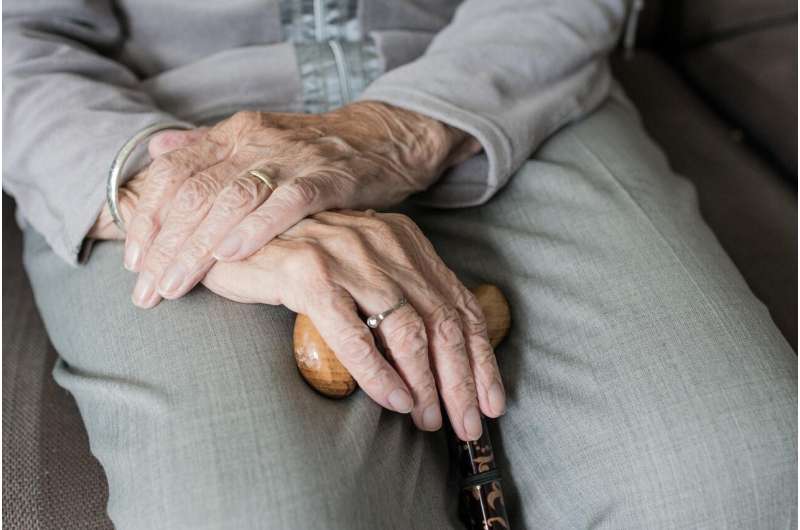Credit: Pixabay/CC0 Public Domain
The My Life, My Story (MLMS) project was established through the Veterans Health Administration in 2013 with the goal of bringing the patient's voice into their medical record. It is a narrative medical tool that allows the care provider to take an in-depth social history and to learn about the patient's life including where they were born, what they did for work, if they had children or were married, their values and beliefs, etc.
Medical students from Boston University Chobanian & Avedisian School of Medicine use the MLMS framework to complete interviews on patients during their required rotation in geriatrics, whether in clinic, during a home visit or in a nursing home. But how valuable is the information they receive about their patients? Very valuable according to a new study.
"Much of medical training focuses on the medical problems that patients have, but it is also important to know the patient as a person. Starting with what matters most to patients can help shape the care being discussed and offered, so it is more aligned with a person's values, goals and life experiences," says corresponding author Shivani Kumari Jindal, MD, MPH an attending Geriatrician and Hospitalist at the VA Boston Healthcare System and an assistant professor of medicine at Chobanian & Avedisian SOM.
To assess the impact of this program on medical students, faculty and patient care, the researchers arranged discussions with students and individual interviews with faculty members and then analyzed the themes from these interviews.
Although the MLMS interview was nonmedical, students reported that the process of listening to and recording their patients' stories improved the quality of their patient care. In addition, the majority of students felt that the MLMS experience would change the way they practiced medicine. Faculty members said it changed how they framed their patients' decisions and helped guide them toward appropriate care environments and treatment modalities at the end of life.
"When caring for older adults, providers meet patients later in life and sometimes forget that patients have lived active lives before the health encounter. Narrative medicine (specifically My Life, My Story) is a tool to understand patients' prior experiences and gain insight into the person that is sitting in the hospital bed or in the clinic," added co-author Megan E. Young, MD, assistant professor of medicine at Chobanian & Avedisian SOM.
Madeline Palmer, MD, Medical Director of Quality and Patient Safety for the Emergency Department at Boston Medical Center said the MLMS narrative helped her in the treatment of an acutely ill patient who arrived in the emergency department too sick to speak.
"His family was afraid, anxious and understandably overwhelmed by the situation," Palmer recalled. As the resuscitation team stabilized him, she reviewed his medical history which included a narrative of his personal history.
"It not only helped me understand my patient better as a person, but it also helped me engage with his family more holistically. I believe being able to make those connections with our patients, their families and our team members helps us stay more engaged as physicians and reduces depersonalization and burn out," Palmer said.
The researchers believe that all health professions trainees should have experience with narrative medicine. As a result of this work, they plan to formally incorporate MLMS narratives into the patient's social history. "Making the patient's voice a permanent part of the electronic medical record should increase accessibility and facilitate discussion between members of the care team as well as with patients and caregivers," said Jindal.
These findings appear online in the Journal of The American Geriatrics Society.
More information: Grace M. Ferri et al, Listening more and measuring less: Student and faculty perspectives on social narratives in care for older adults, Journal of the American Geriatrics Society (2023). DOI: 10.1111/jgs.18225
Journal information: Journal of the American Geriatrics Society
Provided by Boston University School of Medicine























